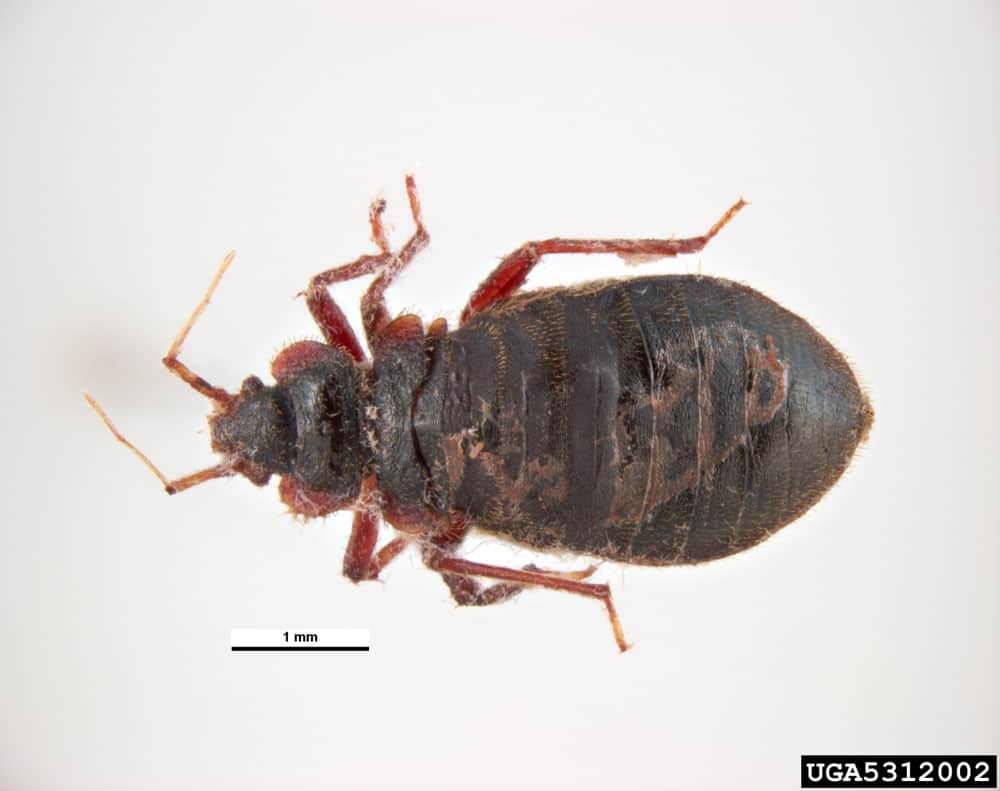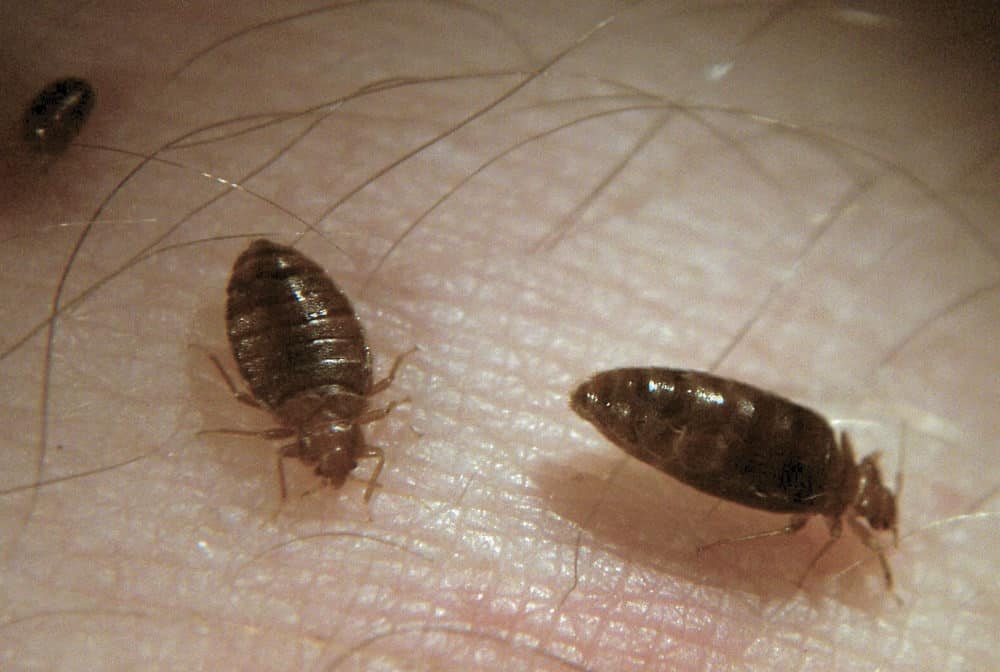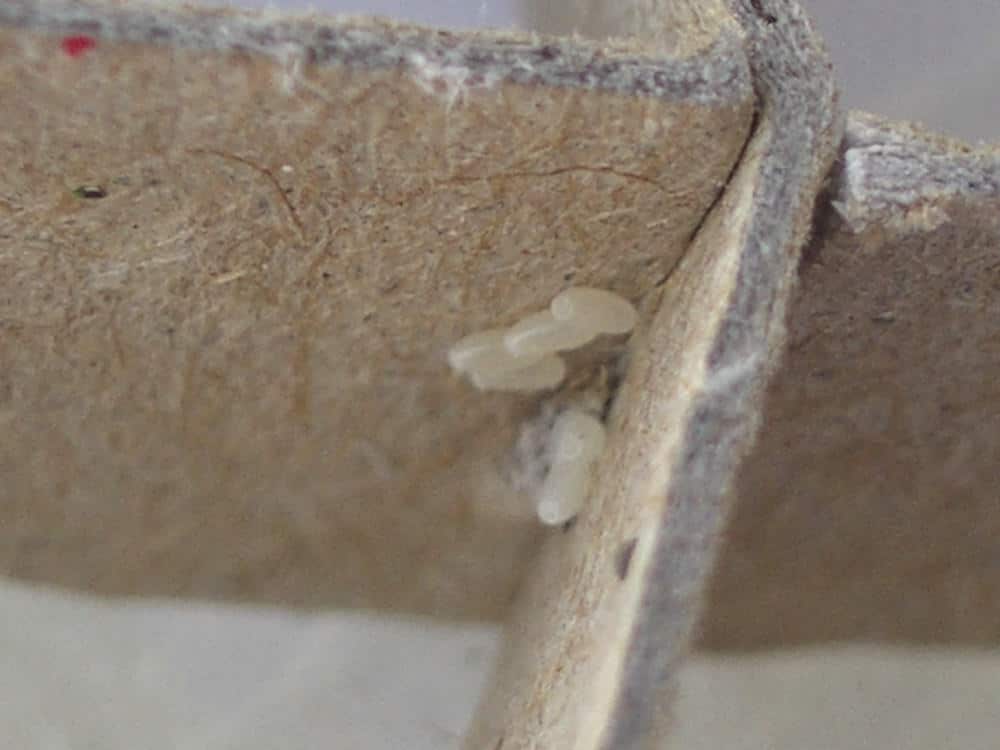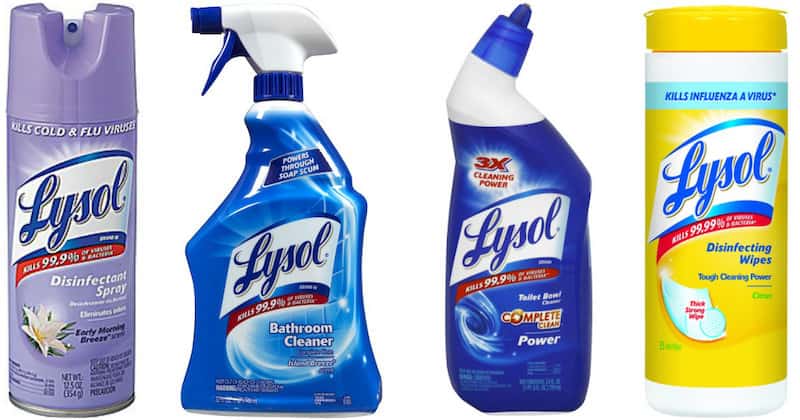Does Ammonia Kill Bed Bugs?
If you have a problem with bed bugs in your home, you may be considering ammonia as a treatment. Not easy to spot, these pests are less than a quarter of an inch long and pale brown in color. Is ammonia a viable option, though? Let’s find out.
Treating Bed Bugs With Ammonia
Carefully place the mixture in a spray bottle and ensure it is sealed well, to prevent any leaks. Spray the ammonia all over the mattress and along all the seams, behind and underneath the mattress, as well as on the floor around the bed. Take your time when spraying and make sure you cover every last square inch.
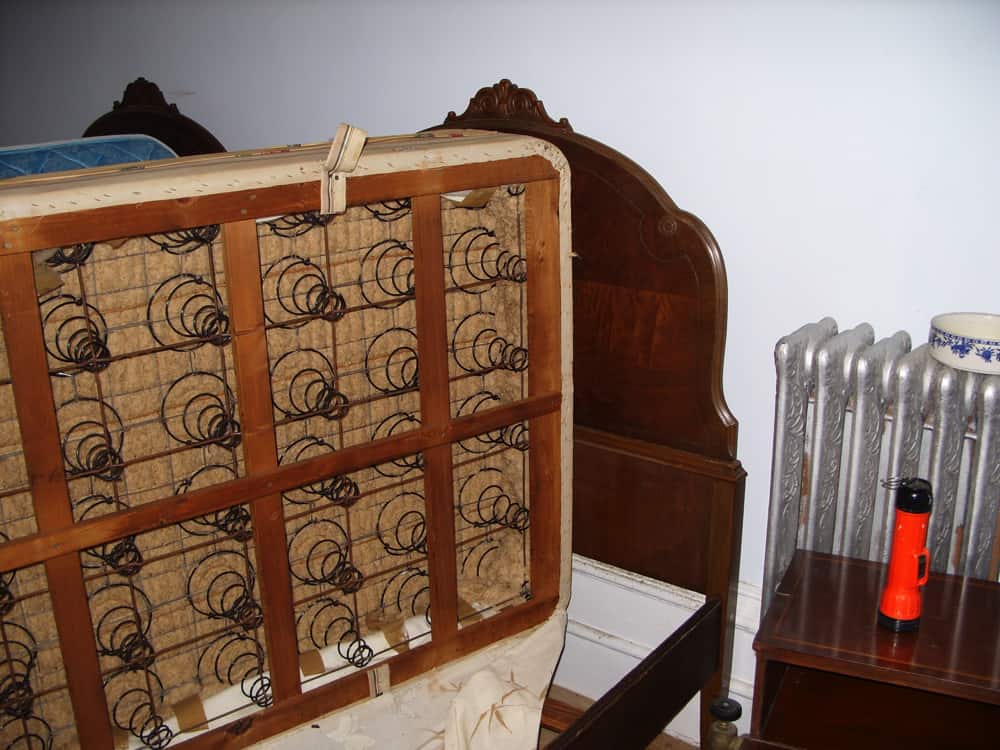
After spraying, leave the mattress to dry for at least 24 hours before using it again. It is important to wash all your bedding in the hottest wash cycle in your machine, too. This will help to ensure there are no bed bugs lurking in your bed sheets before you make your bed again. Carpets and other soft furnishings nearby may also be affected. In this case, they need to be treated, as well as the mattress.
Safety Tips When Using Ammonia
Never mix ammonia with bleach. Even though you may think this combination would do a great job at wiping out the bugs, this is a very dangerous cocktail. The ammonia and chlorine react with each other to create a poisonous substance called chloramine.
If you breathe in chloramine, it can cause respiratory distress and serious cold-like symptoms. You should seek immediate medical attention if this happens to you. It is also not a good idea to use bleach alone, as this can rot the fabric of the mattress.
Pros and Cons of Using Ammonia to Treat Bed Bugs
Using ammonia is a fairly effective solution, but you must make sure you get into all the places the bed bugs hide. The furniture being treated will not be usable for a day or so after treatment. Therefore, alternative sleeping arrangements should be considered.
Ammonia is quite simple to use and not too costly, especially compared to using professional insecticides. Calling in a pest control company could run into the hundreds, if not thousands, of dollars.
An extra bonus of having ammonia handy is that if you dilute it well, with plenty of water, then you can use it to treat bites and reduce the itchy feeling. Ammonia alters the pH of the skin around the bite and helps provide relief. To make your own anti-itch spray, I recommend mixing one-part ammonia to at least eight parts water.
On the downside, ammonia is not the most powerful killer of bed bugs and some of them could survive the first treatment. Ammonia loses its potency very quickly, so if you are planning on using it, you will need to re-apply the spray often, until the bugs have vanished.
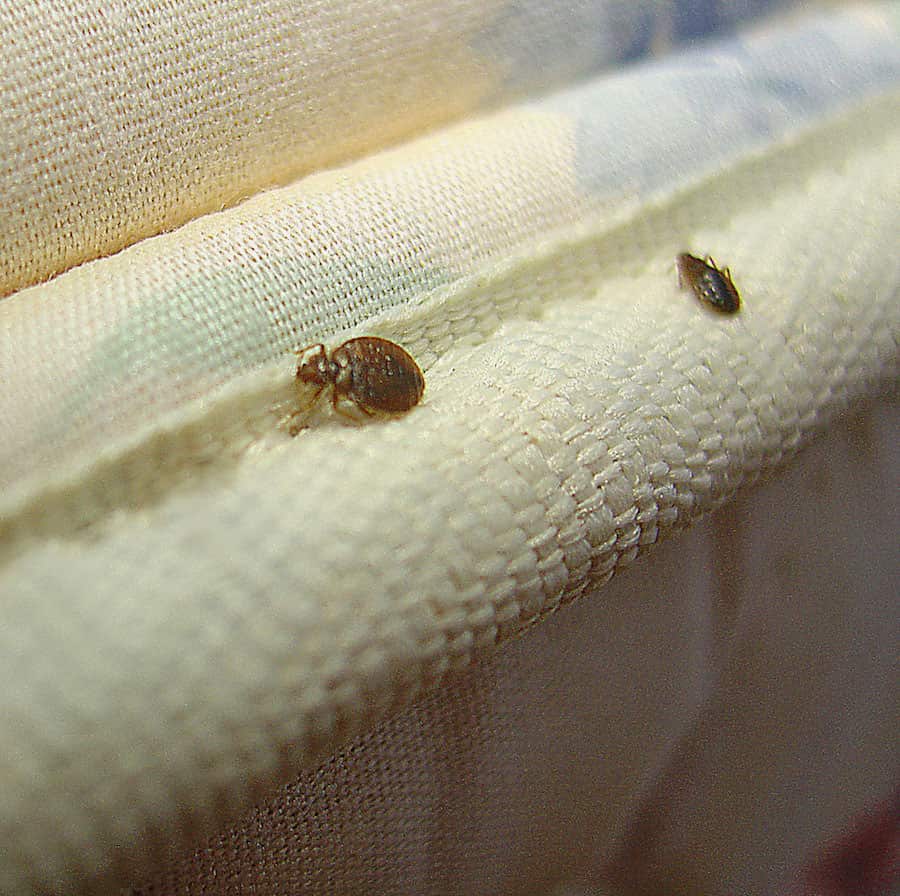
Using a tried-and-tested bed bug spray along with ammonia can be another way to help increase the chances of eradicating an infestation quicker.
One of the best bed bug sprays that I’ve yet to personally use is the completely natural Bed Bug Patrol Bed Bug Killer. Not only does it have a 100% kill rate against live bed bugs in controlled tests, but it’s also child and pet friendly. This product can be used against both light and heavy infestations, and most importantly, it’s laboratory tested and completely chemical-free.
Final Thoughts
It is true that ammonia can kill bed bugs, as well as other insects. However, you have to be thorough and careful, when spraying. Re-apply frequently, to make sure you have killed them all. If the ammonia seems to lose its intended effect, check the ratio of your mix to ensure it’s powerful enough.
It takes some hands-on work that wouldn’t be necessary on your part if using a professional pest control company. Remember, when using ammonia to kill bed bugs, that it’s a toxic chemical. If you do use it, always be vigilant of who is in the room you’re spraying in, and where you leave the items to dry. Keep children and pets well away from the area.

